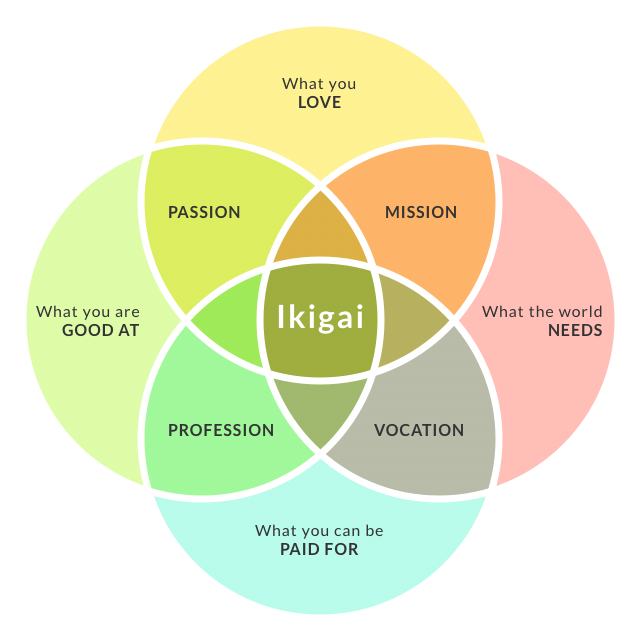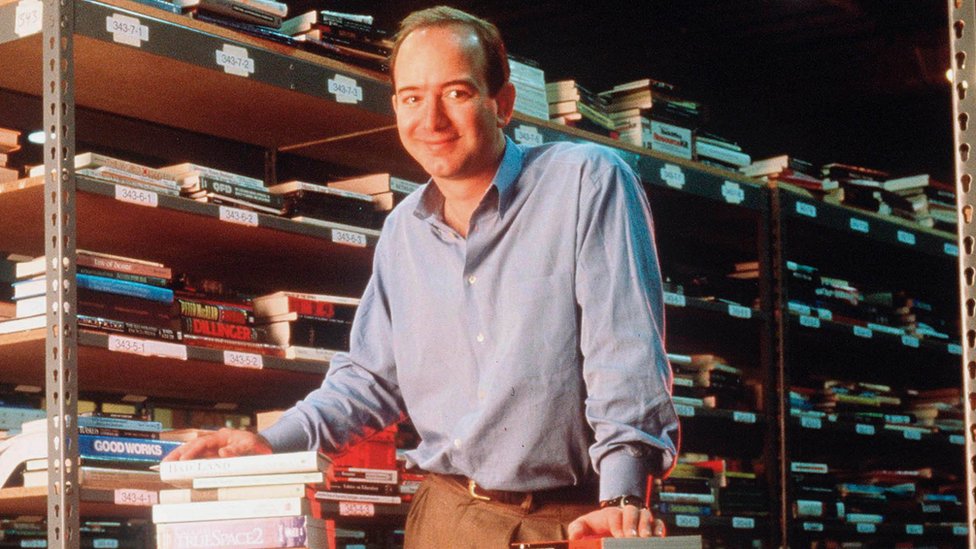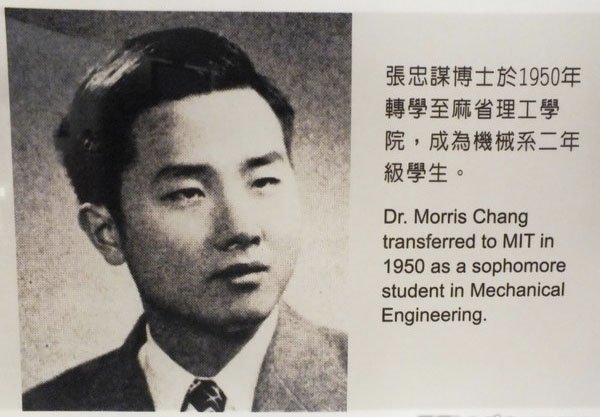Authors Sahil Bloom
But contrary to what you’ve been told, lifelong learners are built, not born.
THREAD: 20 lifelong learning habits you can start developing today.
Stimulate Dynamically
The mind is a muscle - it needs to be stimulated dynamically to continue to grow.
Don’t rely on one “exercise” - develop a menu of options.
Write, read, listen, watch. Solve puzzles, play games. Enjoy it!
Stimulate dynamically, learn dynamically.
Build Learning Circles
The most powerful learning is communal, not individual.
Build learning circles with other intellectually curious minds.
Engage regularly with no set intention or goal.
Community is everything. Embrace it.
Keep Asking Why
“Why?” is the most useful tool in our learning toolkit.
But somewhere along the line, we are told to stop asking why and just accept “facts” as we are told them.
Reject the norm.
If you want to understand the world, take a cue from our kids - keep asking why!
First principles thinking is a powerful mental model for driving non-linear outcomes. It also requires a willingness to ask difficult, uncomfortable questions.
— Sahil Bloom (@SahilBloom) March 14, 2021
Here are a few to help you get started: pic.twitter.com/KyuAr7IUf7
Adopt a Process Orientation
Prioritize process.
Learn for the sake of learning, not always for a specific goal.
When you prioritize process, you become flexible in where you are headed.
Life is a winding, confusing journey - forward progress is all that matters.
How to Win (without talent or luck)
20+ principles compiled from the most impressive leaders and thinkers in the world.
How to Win (without talent or luck):
— Sahil Bloom (@SahilBloom) October 16, 2021
20 Ways to Stand Out in a Hiring Process (that don’t involve your resume)
You can stand out without fancy degrees or credentials—learn how.
The hiring process is ultra-competitive.
— Sahil Bloom (@SahilBloom) May 31, 2021
But you\u2019ve incorrectly been told that the only way to stand out is by having fancy degrees and credentials.
THREAD: 20 ways to stand out in a hiring process (that don\u2019t involve your resume):
Common Interview Questions (& how to nail them)
Interviews suck—proper preparation makes them suck slightly less.
The interview process is ultra-competitive.
— Sahil Bloom (@SahilBloom) August 7, 2021
But with proper preparation, it is possible to stand out.
THREAD: 20 common interview questions, what they really mean, and how to nail them:
How to Write Cold Emails (or DMs)
Because one lucky break can make all the difference…
One cold email can change your life.
— Sahil Bloom (@SahilBloom) October 24, 2021
Here's how to write a great one:
But many of life’s most important truths appear contradictory on the surface.
THREAD: 15 powerful paradoxes (on growth, business, careers, and life):
Sprezzatura (“Studied Carelessness”)
You have to put in more effort to make something appear effortless.
Effortless, elegant performances are often the result of a large volume of effortful, gritty practice.
Simple is not simple.
Slow Down to Speed Up
Want to speed up? Try slowing down.
Slowing down gives you the time to be deliberate with your actions.
You can focus, gather energy, and deploy your resources more efficiently.
It allows you to focus on leverage and ROI.
Move slow to move fast.
Learn More to Know Less
The wisdom paradox - the more you learn, the more you are exposed to the immense unknown.
This should be empowering, not frightening.
“The more I learn, the more I realize how much I don't know.” - Albert Einstein
Embrace lifelong learning.
Lifelong learning is a competitive advantage.
— Sahil Bloom (@SahilBloom) June 6, 2021
But contrary to what you\u2019ve been told, lifelong learners are built, not born.
THREAD: 20 lifelong learning habits you can start developing today.
Shrink to Grow
Growth is never linear.
In order to grow, sometimes you need to shrink.
Shedding deadweight may feel like a step back, but it is a necessity for long-term growth.
This principle applies to your career, startup, or life.
One step back for two steps forward.
A perfect moment for a thread on the Hunt Brothers and their alleged attempt to corner the silver market...

1/ First, let's set the stage.
The Hunt Brothers - Nelson Bunker Hunt, William Herbert Hunt, and Lamar Hunt - were the sons of Texas tycoon H.L. Hunt.
H.L. Hunt had amassed a billion-dollar fortune in the oil industry.
He died in 1974 and left that fortune to his family.

2/ After H.L.'s passing, the Hunt Brothers had taken over the family holdings and successfully managed to expand the Hunt empire.
By the late 1970s, the family's fortune was estimated to be ~$5 billion.
In the financial world, the Hunt name was as good as gold (or silver!).

3/ But the 1970s were a turbulent time in America.
Following the oil crisis of the early 1970s, the U.S. had entered a period of stagflation - a dire macroeconomic condition characterized by high inflation, low growth, and high unemployment.
Stagflation 101
— Sahil Bloom (@SahilBloom) September 2, 2020
The term "stagflation" is used frequently in discussions of monetary policy and risks in the post-COVID world.
But what is stagflation and how does it work?
Here's Stagflation 101!
\U0001f447\U0001f447\U0001f447 pic.twitter.com/at4FmaCmkM
4/ The Hunt Brothers - particularly Nelson Bunker and William Herbert - believed that the inflationary environment would persist and destroy the value of their family's holdings.
To hedge this risk, they turned to silver.
They began buying the metal at ~$3 per ounce in 1973.


































